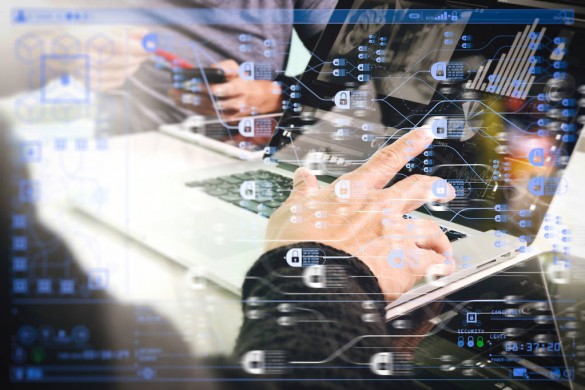Among the many psychological biases that undermine traders’ success — such as confirmation bias, hindsight bias, narrative fallacy, anchoring bias, loss aversion, and attribution bias — overconfidence stands out as one of the most dangerous.

The paradox of overconfidence in trading lies in its dual nature: confidence is essential for taking calculated risks and believing in one’s strategy, yet when left unchecked, it distorts reality and fuels unrealistic expectations. Traders need a healthy dose of self-assurance to succeed, but that confidence must always be balanced with humility and realism.
I once encountered a trader who perfectly illustrated this bias. He approached me about joining our Mentor Program but insisted that he would only participate if the system could meet a specific set of conditions:
- Trade only forex (FX)
- Operate on five-minute charts
- Require no supervision
- Guarantee a return of 20% per month
Out of curiosity, I ran the numbers. With those conditions, an initial capital of $100,000 would grow to roughly $317 trillion in just ten years — nearly equivalent to the total private wealth of the entire world.
When I pointed this out, his casual response was simply, “So?” — a perfect example of how overconfidence can detach traders from reality and blind them to the mathematical impossibility of their expectations.

advfn
The Universal Nature of Overconfidence
Overconfidence often leads to a dangerous disconnection from reality — one that may seem amusing to outsiders but can be deeply harmful to the individual. What makes this bias even more fascinating is its universality. People rarely confine their overconfidence to a single area of life; rather, it tends to spill over into everything they do.
Take, for example, a recent survey in the United Kingdom: roughly 25% of Britons believe they could qualify for the next Olympic Games if they started training now. Even more astonishing, 6% think they could qualify for the 100-metre sprint.
To put this in perspective, since 1968, only 190 men worldwide have ever completed the 100 metres in under 10 seconds — representing about 0.000002% of the global population. Yet a significant number of people are convinced they could reach that level of performance in less than four years.
Given such inflated self-belief, it’s hardly surprising that many traders overestimate their ability to outperform the market. Overconfidence blinds them to the reality that trading success, like elite athletic performance, demands discipline, experience, and an honest understanding of one’s limitations.
Learn from market wizards: Books to take your trading to the next level

 Hot Features
Hot Features












